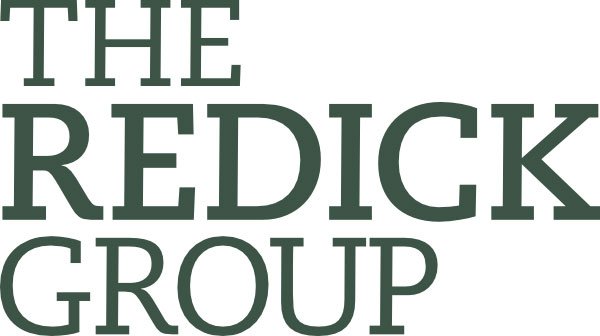Why the Writing Process is a Great Tool for Decision-making
A CTO client of mine recently referenced another writer with whom he was working on a twenty-page RFP.
"Of course I have to rewrite about half of it, like always," he lamented.
My client is a good writer himself, so my immediate reaction was, "Oh, that other writer must suck. Too bad for them."
Then I took a beat and realized the odds were high that if my client—a leader in a well-respected company—had hired a writer, the other writer was likely vetted. And hence, a good writer.
Whether my client realized it, he wasn't referring to grammar, punctuation, and order; rather his remarks pointed to the tough decisions inherent to arranging words on a page.
Staking a position so others will join your vision ... be convinced ... believe in you ... is hard work, and seeing words come back wrong is often the very exercise needed to make corrections so you can get the message right.
Words spoken slip by like vapor. They can range from hyperbolic to self-conscious, and during conversation a listener can roll their eyes, stop listening, or ignore what is being said. The listener can even unwittingly embrace words that seem substantial but aren't.
But words written—at least with lasting authority—must be balanced and defensible.
That's what I mean when I tell people that I view the writing process as a tool for professional discovery.
Writing can also be a tool for preparation related to interviewing, public speaking, and many other forms of verbal communication. Writing can even help resolve internal questions or conflicts around career choices.
When you're forced to answer questions under the bright light of reality, you face yourself warts and all. Most of the people I've worked with over the years have had self-confronting, a-ha moments on the road to presenting clear and coherent stories.
Perhaps that's why some later report that the writing process was like therapy. My work isn't based on therapeutic principles, of course. I'm not a therapist. But the work required to get clarity around writing seems to force the subject (client) to confront themselves differently than talk alone. Writing is decision-making, forward-facing self-reflection, and "deciding what one stands for" all at once.
If you write for or on behalf of others, embrace this tricky space. Don't take offense when your subject doesn't instantly love your work. Be ready to guide them through your reasoning, or better yet, include them in the writing process. It's their story, after all, and they will someday need to defend it. If you find that you need to improve as a writer, push yourself to grow. Using the writing process as a tool for decision-making inherently sets us up to be both teacher and student.
If you're working with a writer, get comfortable with the ambiguity and uncertainty that precedes good, clear, and unobscured writing. Every decision in the writing process—major or minor—is essential to turning your word soup story into a clearly-branded message.

